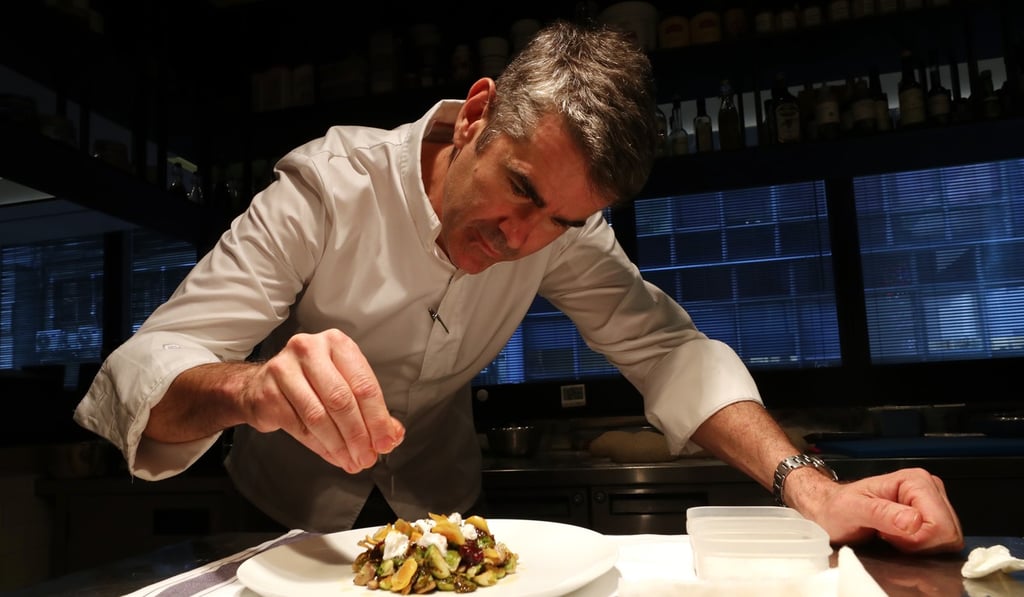Sustainability rating scheme encourages restaurants to source responsibly, treat staff and environment better
- A social enterprise awards stars based on how sustainable a restaurant’s practices are. Its founding members include fine-dining restaurants and a burger chain
- Food Made Good Hong Kong aims to highlight examples of good practice. Its president, Shane Osborn, says: ‘The more we get on board, the more power we have’

Many Hong Kong restaurants have embraced sustainability – not using straws, for example, and shunning fish and shellfish that isn’t on an approved list of sustainably sourced seafood.
The average diner appears oblivious to their efforts.
“To be honest, guests mostly only care about the price and if it tastes good – and that’s fine with me,” says Paul McLoughlin, executive chef at the Cordis hotel, in Mong Kok, Kowloon, where the Alibi restaurant and bar only uses seafood that is certified as sustainably sourced.
With food production accounting for 20-30 per cent of greenhouse gas emissions, and the need for action to stem the global climate crisis becoming more urgent, the city’s environmental movement received a boost with the launch in November of social enterprise Food Made Good Hong Kong.

Food Made Good was launched in the UK by The Sustainable Restaurant Association in 2009 to speed up environmental and ethical change in the hospitality sector. A core part of its mission is assigning member restaurants a sustainability rating, derived by their completing a detailed survey which produces a score benchmarked against peers in the industry. From this a star rating is devised.
In the UK, this way of assessing sustainability has proven highly successful, with member restaurants across the food industry, from high-end establishments such as The River Cafe to chains such as Nando’s, as well as catering companies, feeding thousands of diners every day.